From 16th July to 4th August, 11 students currently studying in Medical Experimental Technology (Grade 1 and 2), Clinical medicine (Grade 2) and Stomatology (Grade 2) attended the program of Biomedical Sciences: From Laboratory Bench to Hospital Bedside in Birmingham International Summer School.
The course is offered by the Medical School of University of Birmingham, which is one of the largest medical schools in the UK, renowned in the field of biomedical science. The school possesses an experienced research and teaching faculty as well as several affiliated hospitals including Queen Elizabeth Hospital. In addition, the school of Translational Medicine with first-class equipment and top technology is being built to integrate basic medical research and clinical trials perfectly.
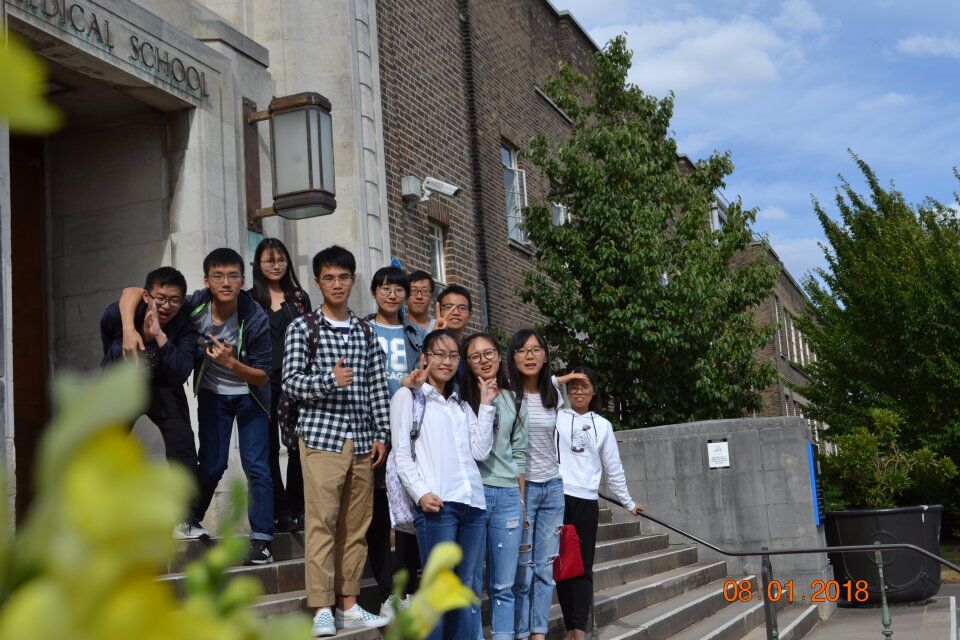
Picture 1: A picture of all students in front of the Medical School
During the course, we learned about the history of University of Birmingham (containing many outstanding scientists and leading scholars) and the history of the Medical school (many familiar scientists such as Maurice Wilkins, one of the discoverers of the double helix structure of DNA has worked here as a professor). Besides, as an industrial city, Birmingham is blessed with an abundant history of the development in modern sciences, which truly enriched our knowledge. In addition, the two main courses - Laboratory Bench and Hospital Bedside were perfectly well-organized, the lessons of which were given by several senior professors who explained obscure and edged knowledge in creative ways so that we could absorb it easily. To summarize in detail, the professors not only taught us many common courses, including the learning methods of English (particularly valuable to us), the skills of giving a speech in English, ways of putting the resources of university library into good use, doctor-patient communication, stem cells and cell-aging researches, but also introduced to us a multiply of professional knowledge and skills, such as the methods of PubMed using, the experimental data analysis, the karyotype analysis, cell culture, the real-time quantitative PCR, Western Blotting and many other laboratory scientific research courses. Apart from above, in the course of Hospital Bedside, students also got access to British medical security service chain and medical system, practicing urine test and other clinical courses covering clinical medicine, pharmacy, nursing, biotechnology and so on. All attendants have benefited a lot.
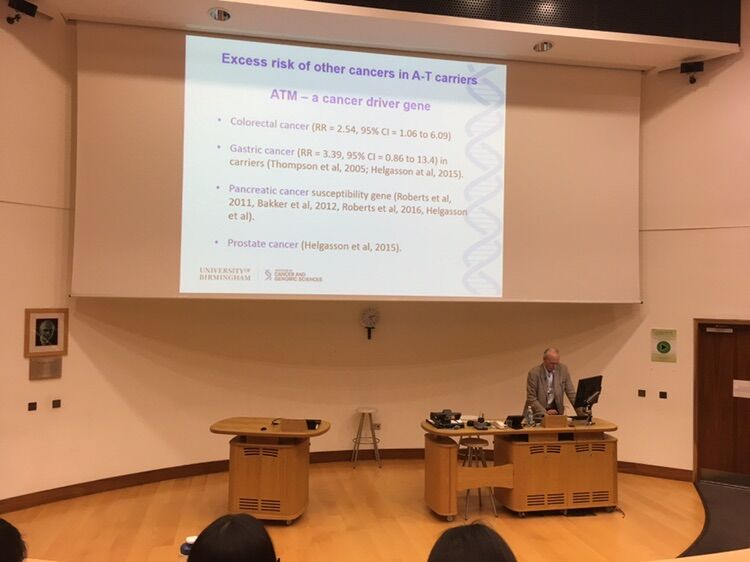
Picture 2: A lecture on frontier of ontology
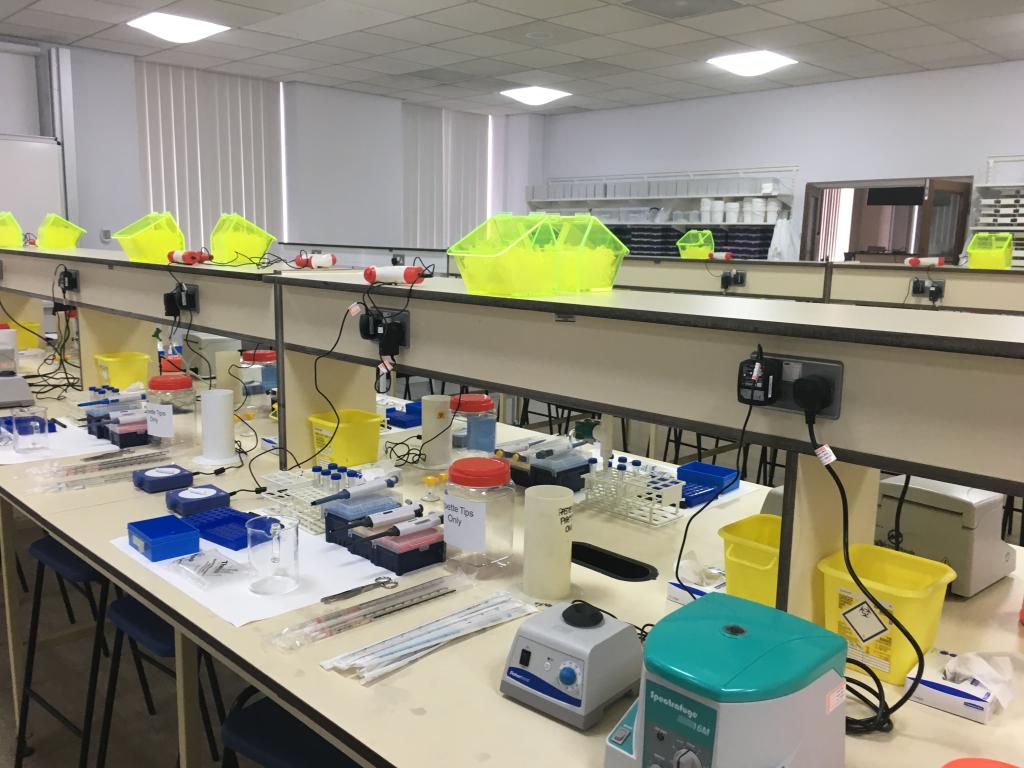
Picture 3: Course lab
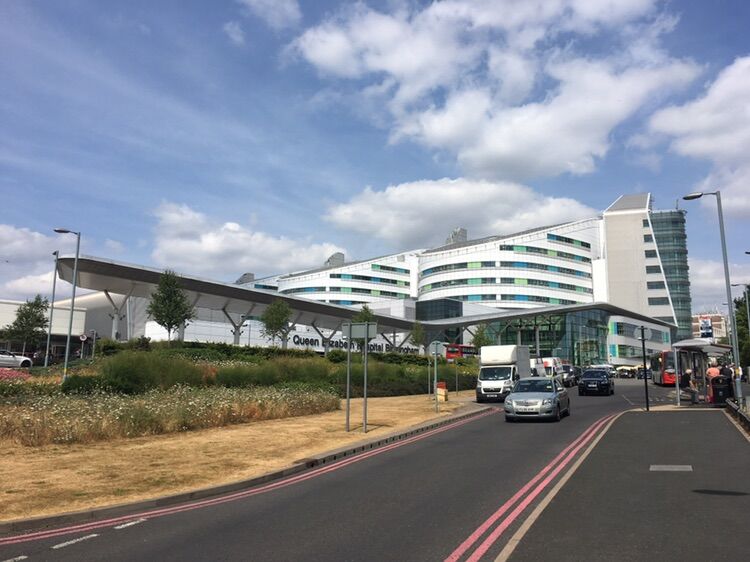
Picture 4: Front view of the Queen Elizabeth Hospital
The course adopted various effective teaching modes, including large-class lectures, group learning, scene teaching, laboratory practicing, demonstration class, role playing and so on. In most cases you would see students are divided into different groups to perform different research involved tasks, including bench works, literature reading, group discussing, distributing tasks as a team leader. In the end of the course, each student was required to give a presentation in English, which meant the instructions from professors were extremely essential and students were supposed to take the initiative to turn to them for academic help.
The students had learnt plenty of academic knowledge and skills from the world's leading experts. Students studying in the course of Hospital Bedside conducted field investigations to know about the British health care system, which in the meantime gave them an opportunity to learn practical clinical skills and enrich their experience of doctor-patient communication. Besides, at the end of the course, they collaborated as groups and finished their posters in various frontier medical topics with following demonstration. Students in the Laboratory Bench course managed to combine theory and practice, completed three weeks of a series of experiments themed "iron and cancer" in the laboratory. They get familiar to use some important experimental technologies such as qRT-PCR and Western Blotting. They also independently performed scientific research tasks such as data analysis, literature retrieval, and finally managed to present nearly perfect personal results. At the end of the course, University of Birmingham held a grand graduation ceremony for the international summer school, and each student was issued a certificate.
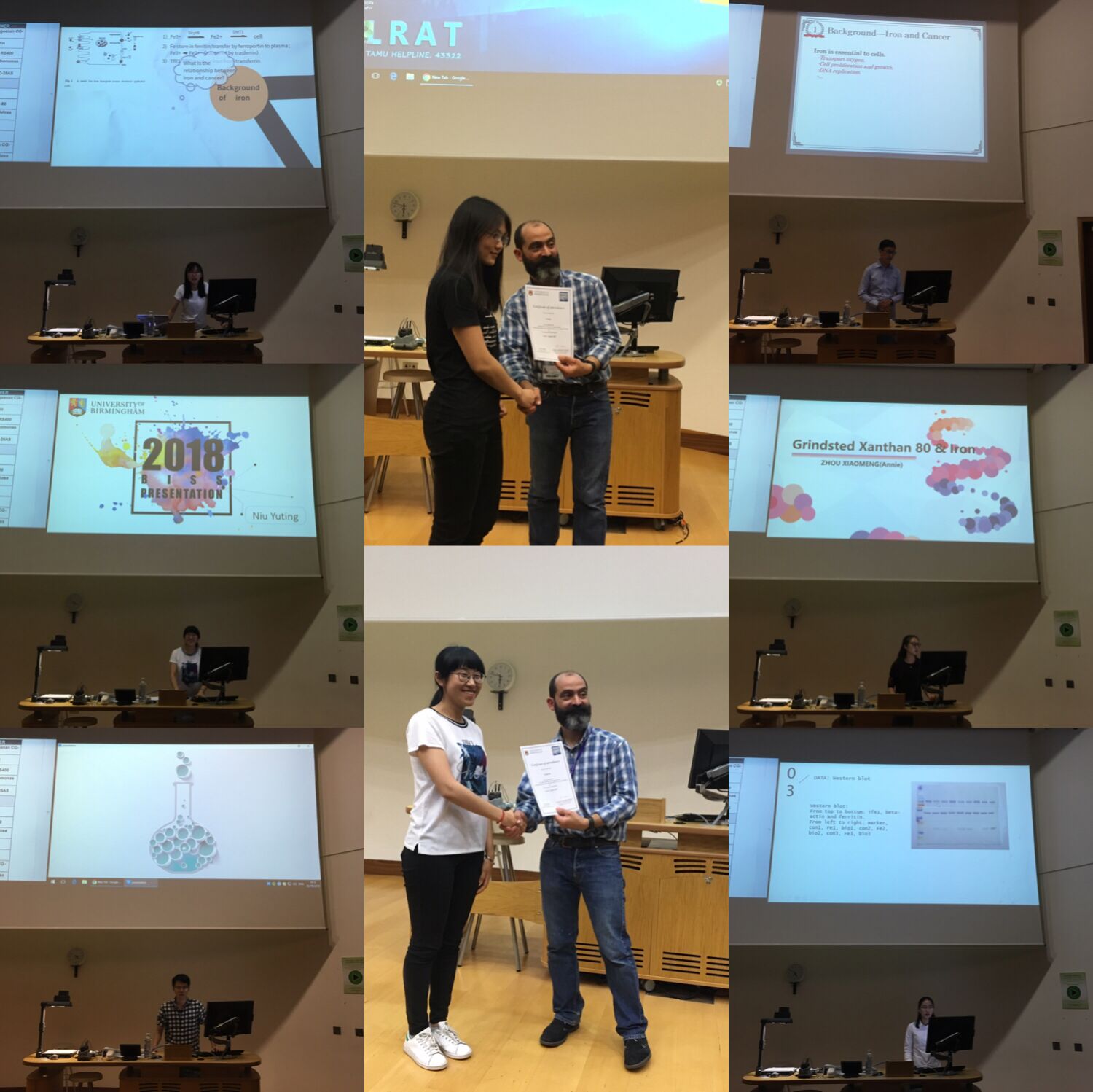
Picture 5: Laboratry Bench students have completed their final personal presentation and obtained their certificates
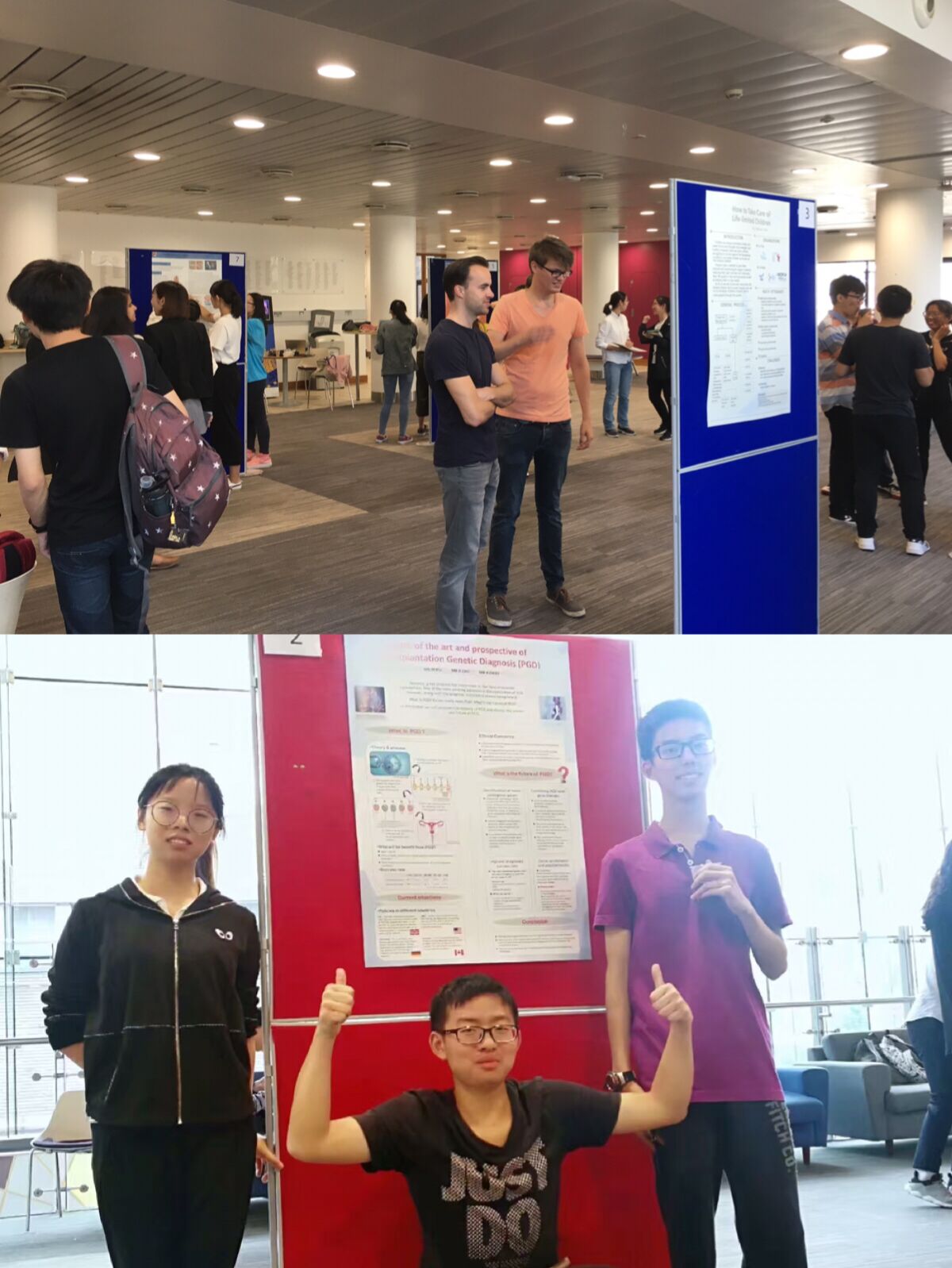
Picture 6: Hospital Bedside students showing their posters for final assessments
After three weeks of in-depth study, the students had recognized the similarities as well as differences of the elite medical education and the healthcare system between China and Britain. Moreover, British manner of education truly has many advantages for us to learn from, which includes adding more teaching assistants to help record class and assist in teaching, providing students with more opportunities to present themselves as well as their work, thus improving students' ability of self-expression and making teachers focus more on details-improving. In addition, British schools put Internet into really good use by presenting learning resources on a campus website in distinct categories so that every student can have access to abundant articles and essays.
Besides the learning part, our students also participated in a variety of social activities such as BBQ, welcome formal dinner, sports and games night, appreciating Shakespeare's drama, etc. Together with the students from 14 different countries, they went to Oxford, Cambridge, Bristol and Liverpool to feel the atmosphere of British cities and nature environments, taste the culture and beauty of world's top universities.
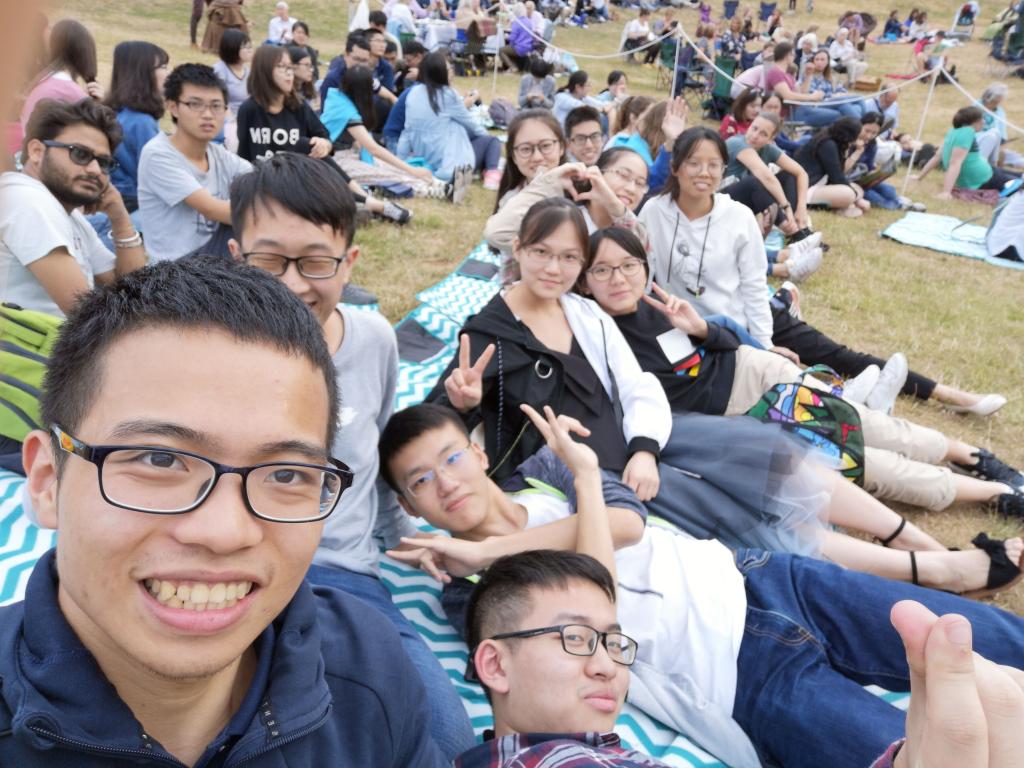
Picture 7: Intersession of enjoying a stage play ”Robin Hood”
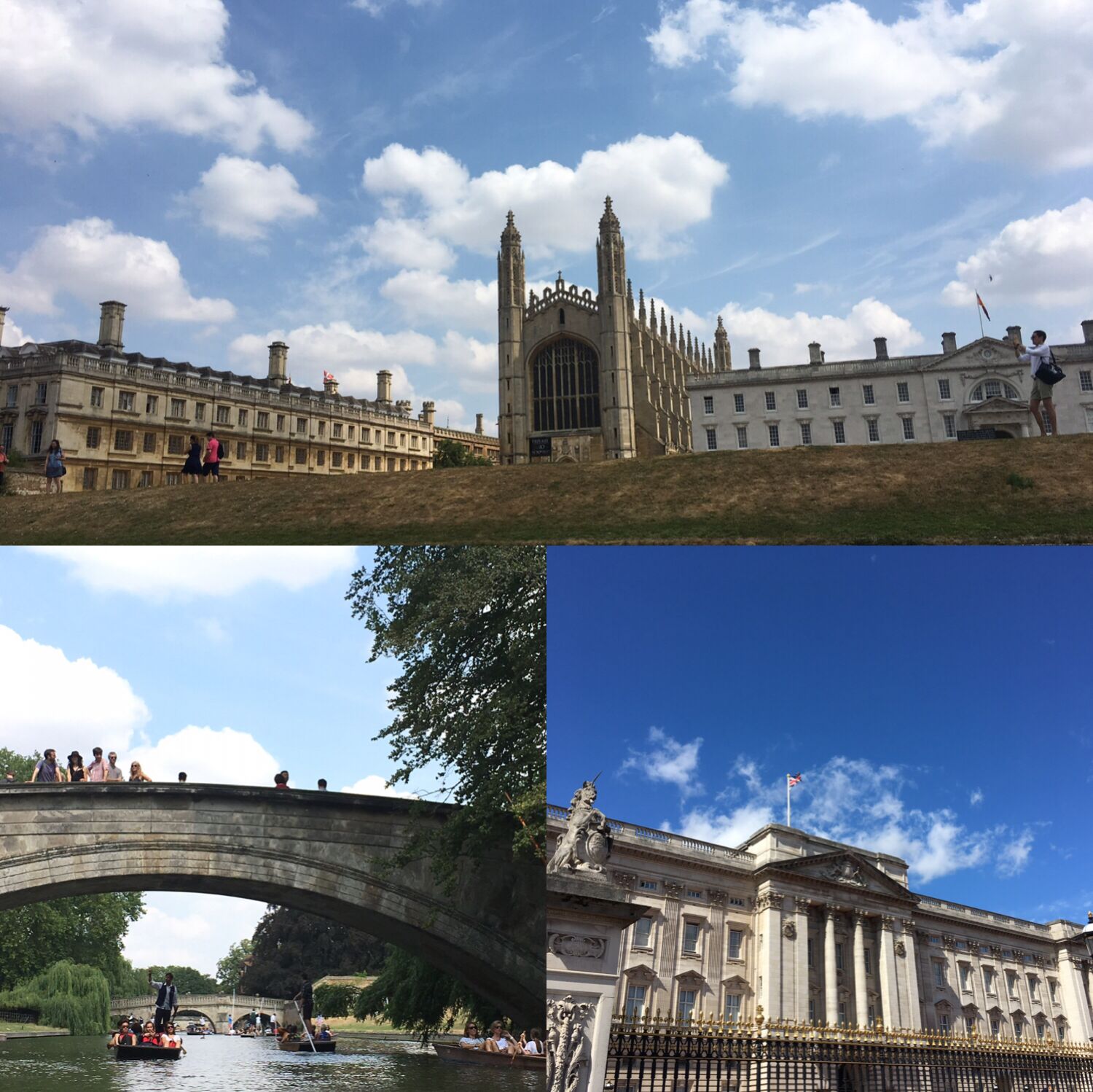
Picture 8: Visiting various historical scenes during social days
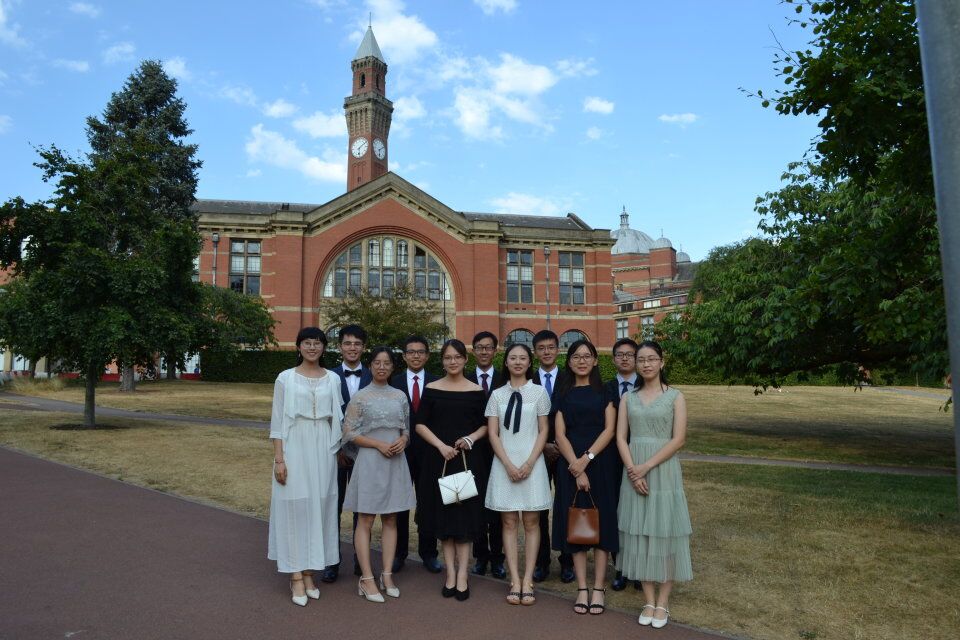
Picture 9: Dressing up for the formal dinner
After 21 days of studying edged knowledge and enjoying colorful social activities, the journey to University of Birmingham was put to a great end with every member’s great achievements. Jiaying Han, member of the group, now studying in Medical Experimental Technology (Grade 1), has summarized for this trip. “During the three weeks at the University of Birmingham, I have harvested a lot, not just the academic gaining, but also the life experiences in a totally different atmosphere. Perhaps in the future, I will always think of the experience at the University of Birmingham and take it as a valuable blessing to guide my life path.” Qi Pan, top student at Clinical Medicine (Grade 2), also regards this trip as a huge benefit to himself. “I not only enhanced my experiment skills, formed a rigorous attitude and flexible ways of thinking, but also met friends from all over the world with different cultural backgrounds. Besides, my English level also got greatly promoted. So in general, this trip to Birmingham is tremendous fruitful”
